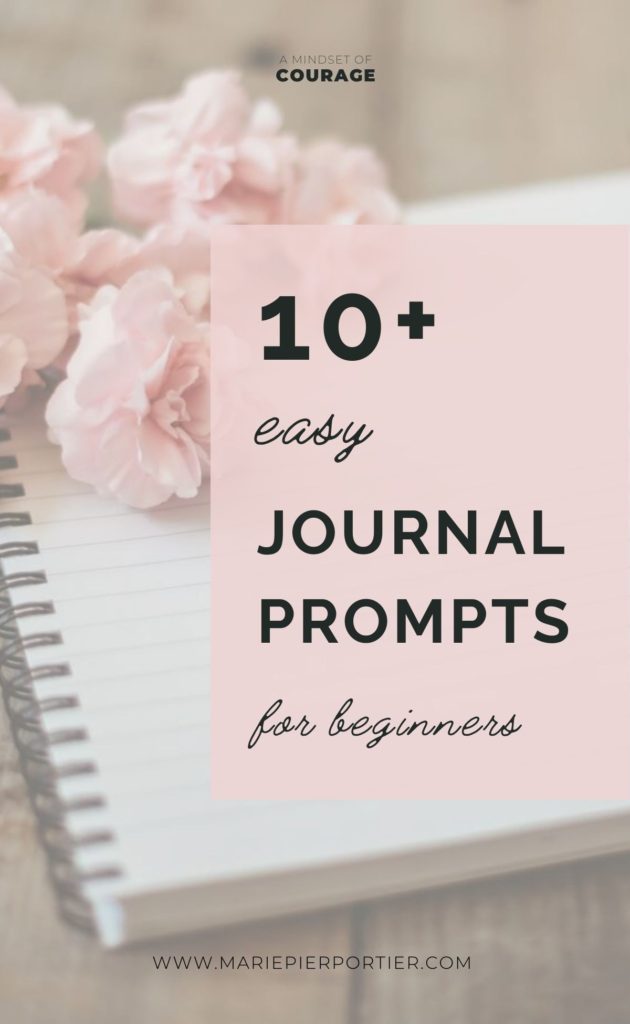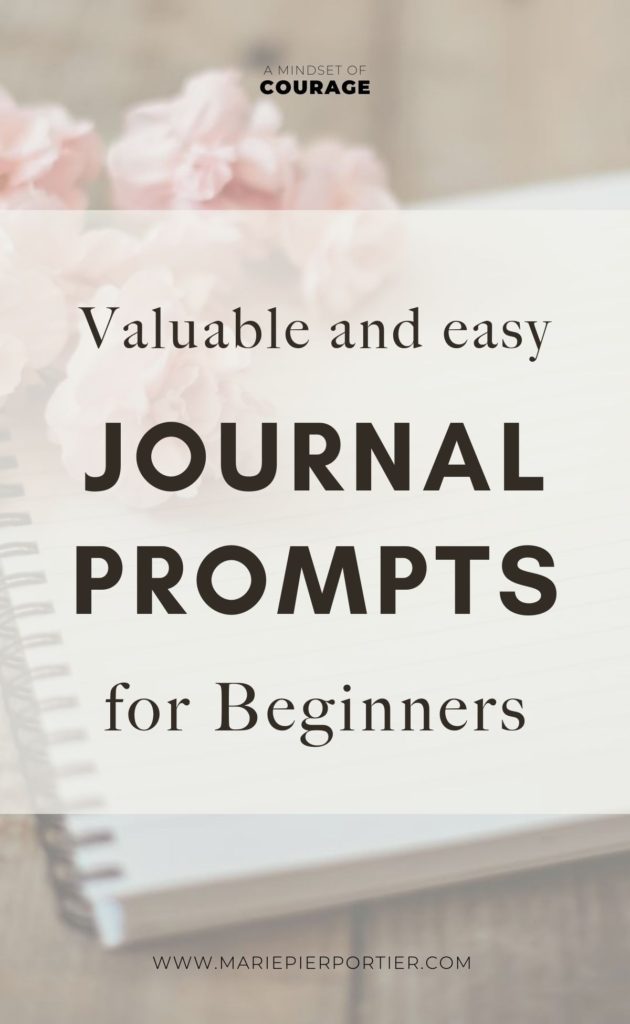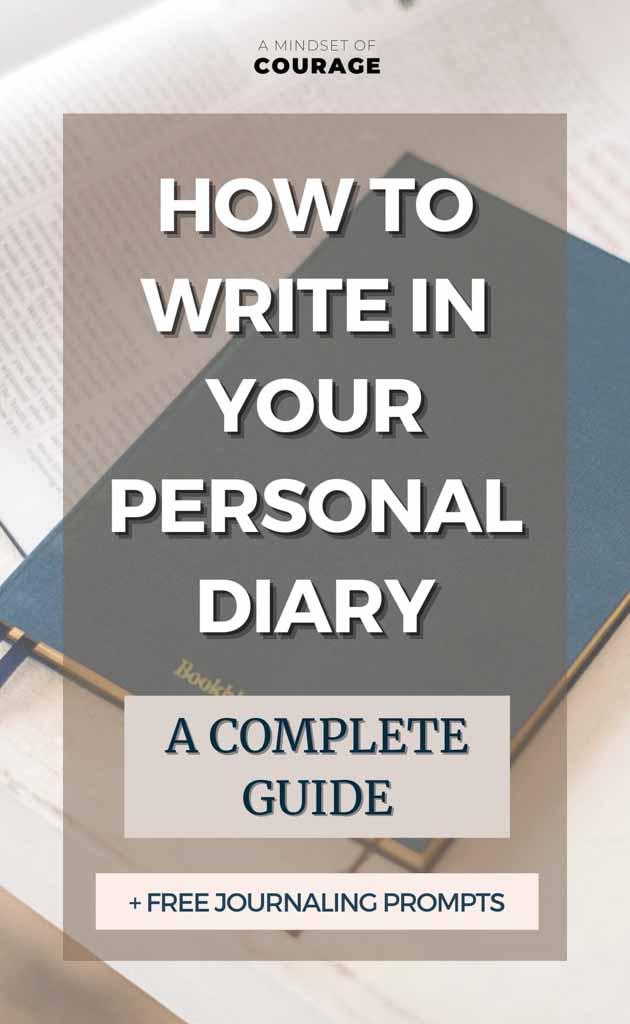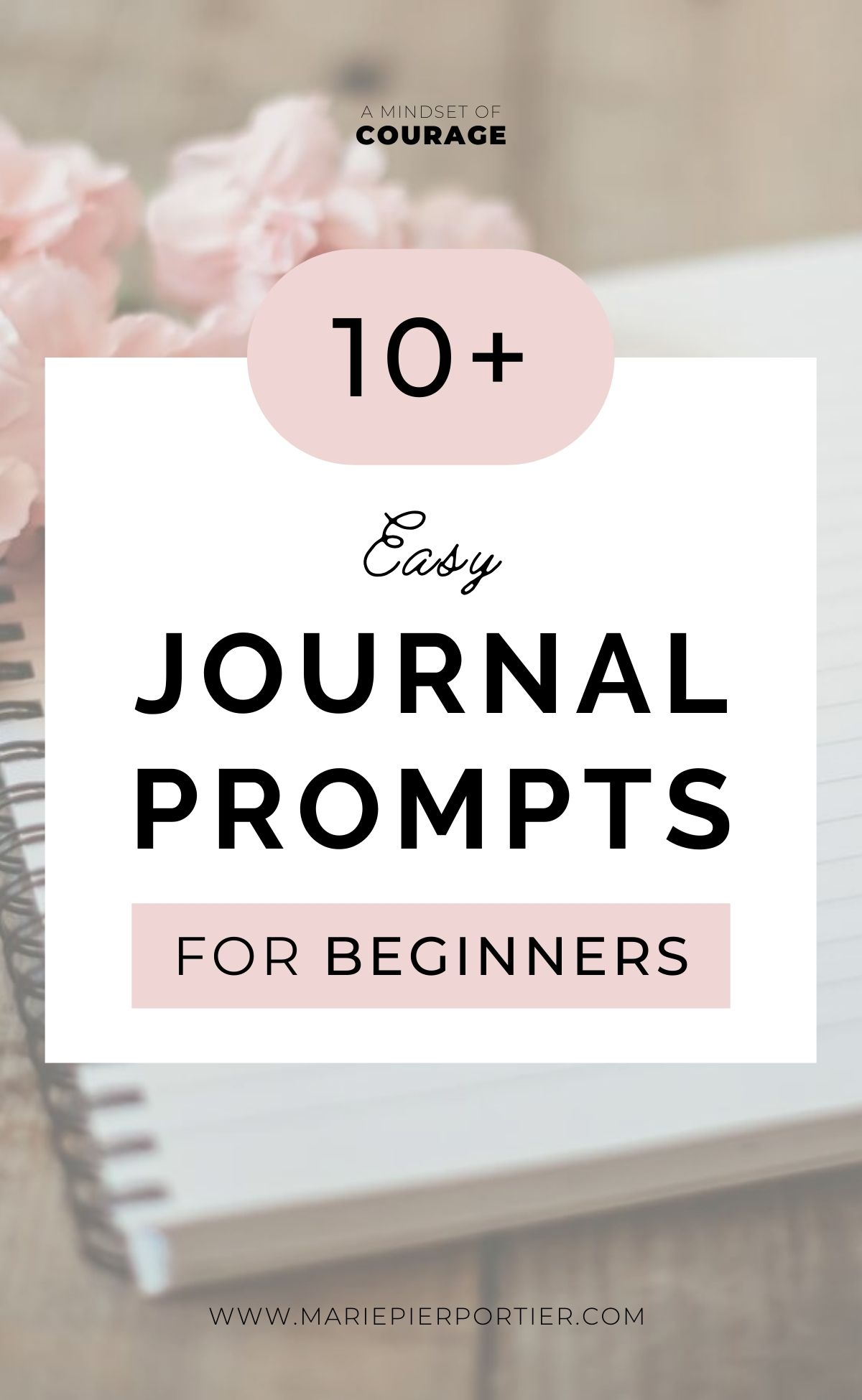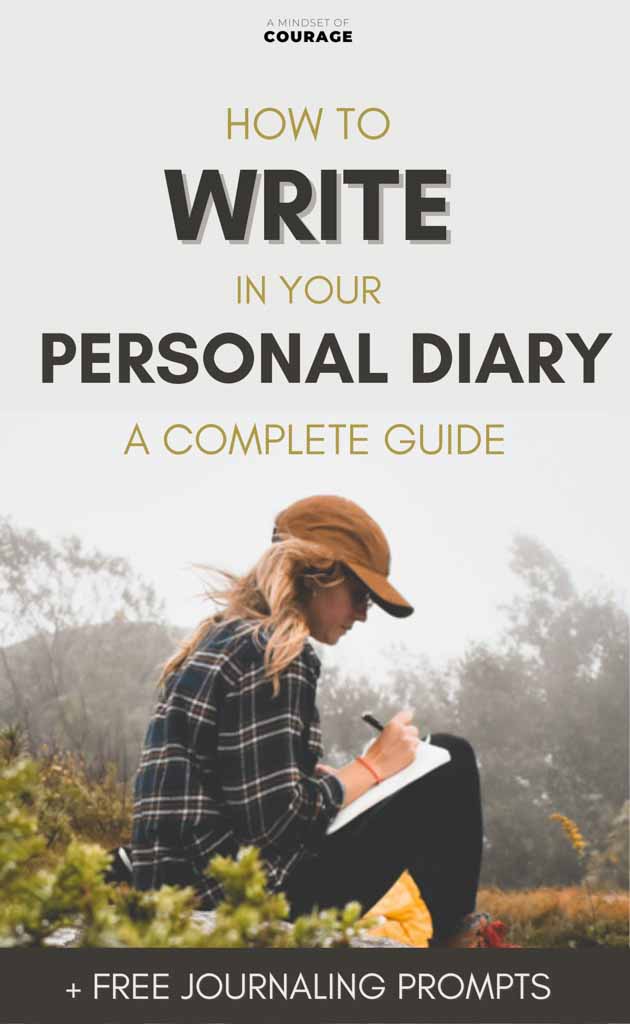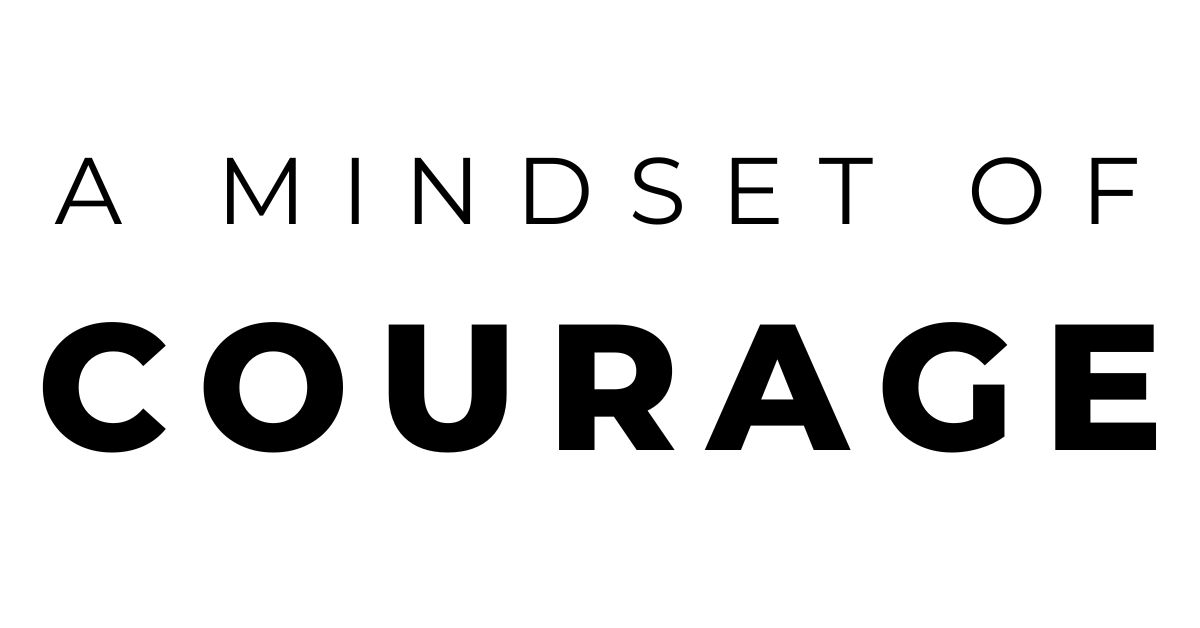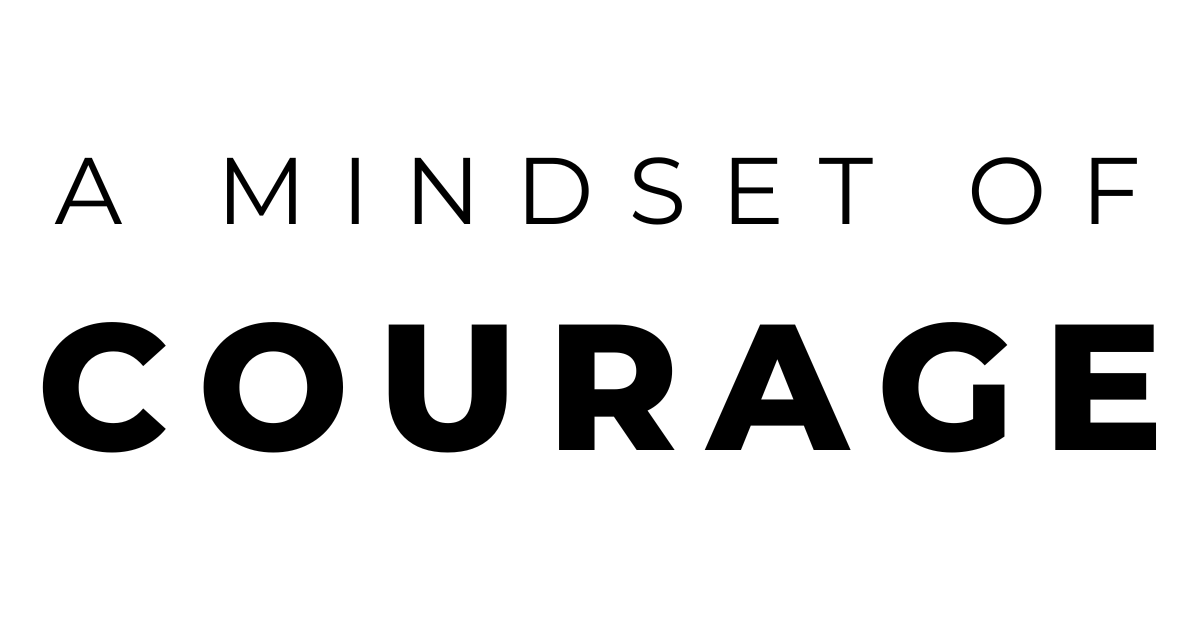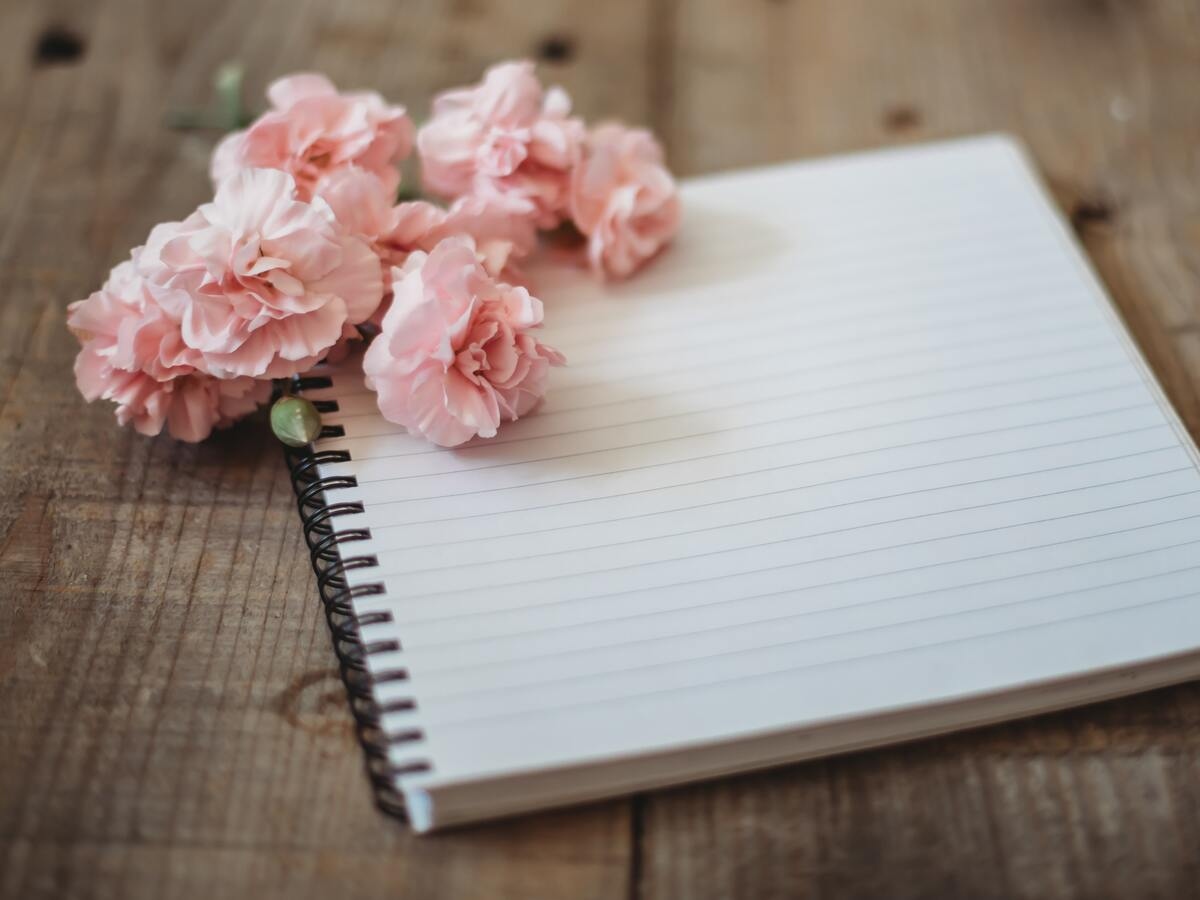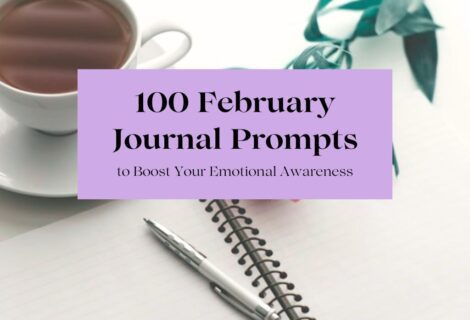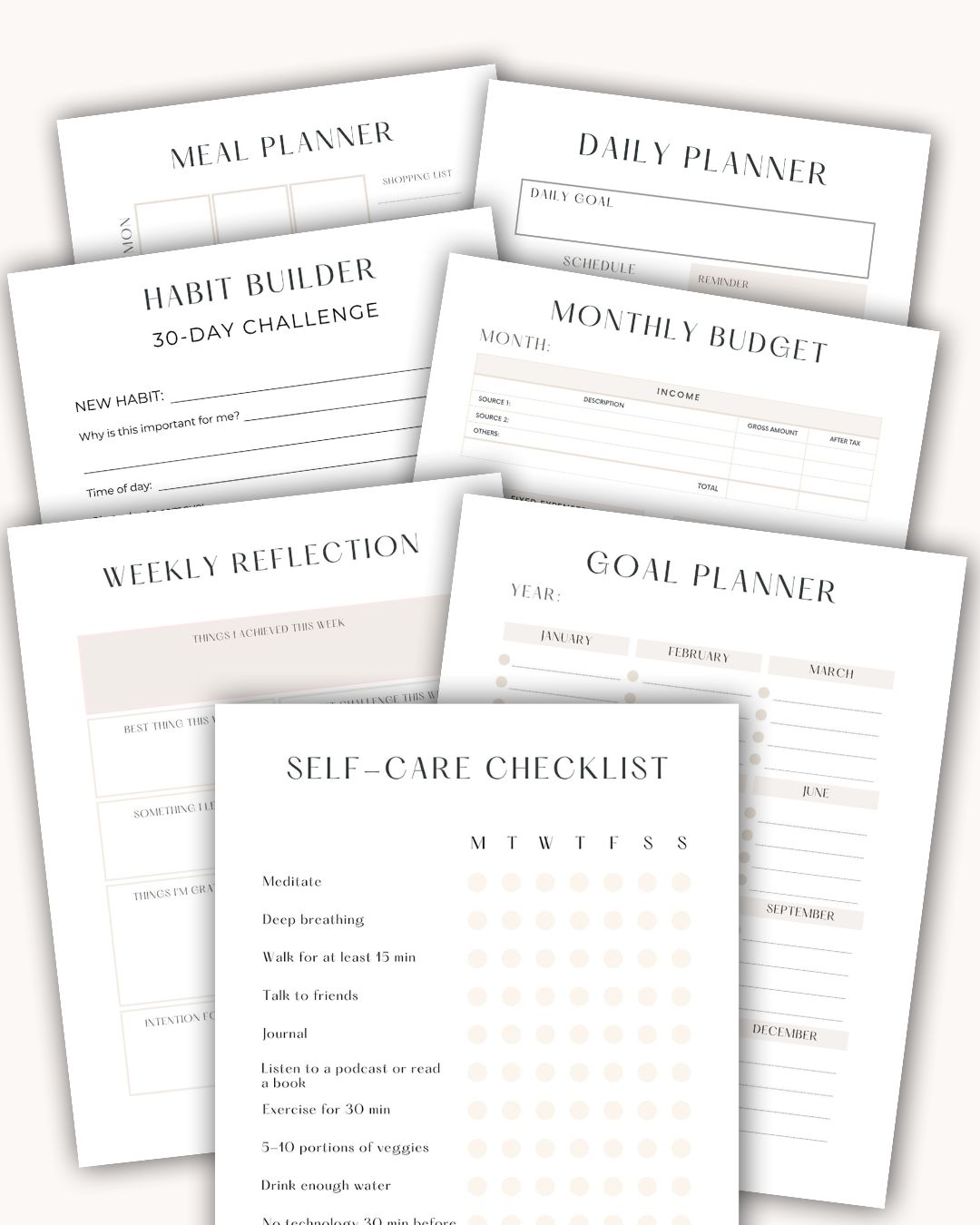Do you ever look at the brand new journal you just bought (like, months ago) and think “I should start writing”? But you have no idea where to start. And next thing you know, weeks have passed… and you haven’t written a word. Well, that’s about to change. Here are the journaling prompts for beginners you need to start a journal and develop the habit of writing consistently.
Save on Pinterest for later
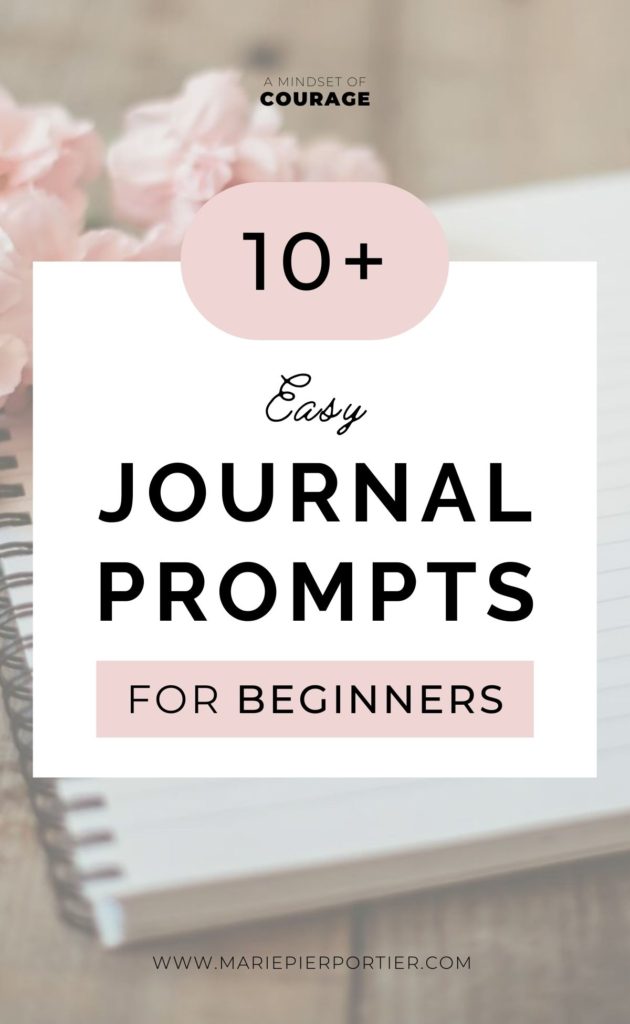
This post contains affiliate links. It means that if you click and make a purchase, I might get a commission. There’s no extra cost for you. You can read the full disclosure here.
Didn’t find your perfect journal yet? Shop my personal favourites here
Journaling consistently takes practice. And that doesn’t come with an instruction guide. It’s a habit you need to develop.
And to make it even harder, when you finally decide you’re ready… you’ve got no clue where to start. If you relate, this blog post will help you.
1. The purpose of journaling
I could give you all the journaling prompts for beginners that exist, but that won’t help if you’re not clear on why you want to start a journal.
That might be to clear up your mind. Maybe you need to make an important decision. You might want to process emotions, or simply develop the habit of writing.
There are many different reasons for wanting to write in a journal, and there’s no right or wrong. Personally, the main reason I started mine was to clear up my mind. #overthinking
As for now, after over 2 years of journaling daily, I can say that it helps me: organize my thoughts, understand myself better, and clear my head up when I’m overthinking, brainstorm, meditate and process emotions.
Getting clear on your why now will help you later make the habit of grabbing your journal every time one of these situations happen. Here are 6 common reasons for journaling.
6 COMMON REASONS FOR JOURNALING (PROMPTS FOR BEGINNERS)
1. Needing to vent
Sometimes, something happens and we need to vent right here, right now. But our go-to people might not be available to talk. In that case, this is a great opportunity to grab your journal and write about whatever upset you, no filter.
But what to write in a journal when you need to vent?? Here’s one of my favourite journaling prompts for beginner I will give you:
Write down anything that is not socially acceptable to say out loud.
Even if they’re mean, those thoughts crossed your mind. So might as well get them out of your head girl. No one is going to read this anyway (not even you, you’ll see).
2. Playing the same broken record in your head
Sometimes we go around in circles in our head. We keep thinking about the same situation, over and over again. We keep telling ourselves the same things.
When that happens, we make ourselves unavailable for opening new doors.
When you can’t seem to let go of something (or someone), writing helps processing those repetitive thoughts.
Writing in a journal helps to get unstuck.
Especially by pointing out exactly what is keeping you stuck.
Writing helps to understand what’s bothering you. But also why it is bothering you. Afterwards, it’s easier to let go and move on.
Journaling prompts for moving on: what is it that I can’t seem to let go of? Why? How can I move on?
3. Because you have too many ideas
This happens a lot to me. If I don’t write my ideas on paper, I feel disorganized in my head. I have too many ideas, all coming at the same time. And I get overwhelmed and afraid of forgetting them.
So, surprise, writing in your journal helps organizing your thoughts.
Putting the thoughts on paper makes you gain clarity.
Your journaling prompts, in that case, is to dedicate one full blank page for your thoughts in your journal. Just, write down with no specific structure your ideas and link them together with arrows, if you need!
4. Having to make an important decision
I hate pros and cons lists to make a decision. Here’s why: they don’t help me!!!
Putting your ideas on paper certainly helps the decision making the process. However, pros and cons only bring out FOMO, in my opinion.
So. These journaling prompts for beginners will help you 10x more the decision making process:
1. Draw a vertical line to separate you page in 2
2. On one side, write ALL the benefits of choosing the 1st option
3. On the other side, write ALL the benefits of choosing the second option
4. Now, take a step back. Read your lists and tune in to your feelings. Which list makes you feel the best? Which list FEELS right?
That’s the option you really want, no matter how many “benefits on paper” the other option provides.
5. Understanding and processing how you feel
I often write in my journal when I feel that I don’t feel good… but I don’t really know how I feel. Makes sense? Well if not, that’s what journaling is for.
Sometimes, when I don’t know how I feel, it’s simply anxiety. It creeps in without me noticing… and so I have no clue why my stomach is feeling tight.
So, journaling helps put words to emotions. But also, it often pin point the reason for those feelings.
Once we name an emotion, its intensity decreases by at least half.
With practice, you’ll develop the habit of grabbing your journal whenever you feel something is off.
6. Overthinking and analyzing
Do you ever want to understand a situation or a person? Like, something happened and you didn’t understand. You need to process what happened.
Writing in your journal can make sense (kind of) and let go of what happened.
Letting go takes practice, but if you tend to overthink, journaling will certainly help.
Struggling with letting go? You might want to check out one of my favourite books: Letting Go, by David R. Hawkins
So. Any reason is a good one to start journaling. Knowing your goal or motivation will help you develop the habit and think about journaling more often.
2. Developing the habit of journaling
You might know why you want to write and have the perfect journaling prompts for beginners… it won’t help if you don’t make time to write.
To make the most of it, writing in your journal has to become a habit.
The best advice I can give if you want to get started is this: don’t set expectations too high when you start.
Don’t set yourself the goal of filling out 10 pages every time you write. In addition to be very time consuming, you risk giving up very quickly.
The most important is to do it consistently. Start with a few lines each day. And once you develop the habit, you’ll naturally be able (and want!) to write more.
Struggling to develop habits? This blog post might interest you:
> How To Write Intentions to Achieve Anything You Want
Now if you scroll further down, you’ll find journaling prompts for beginners that’ll help you with WHAT to write exactly. But first, you might want to read about HOW to write in your journal.
3. How to write in your journal
Before we jump in the journaling prompts for beginners, a little word about how to journal.
Here’s the best answer I found: write your thoughts exactly as they come,
-
- without judgement
- without caring for grammar
- without caring for spelling
Basically, write down your thoughts as raw as possible.
Think about writing the same way you would text your best friend. As for me, I don’t care too much for typo for that matter!
One more thing: forget the idea that you’re going to read yourself. You’re not.
If you really want to bookmark something for reference, then simply:
-
- highlight
- underline
- write in capital letters
- fold a corner of the page
- put a sticky note
- write titles
- circle stuff
Really, there’s no rule. You decide your rules.
You are not writing an essay. You’re not writing for anyone.
When you develop the habit of writing daily, I guarantee you won’t have time to read all the stuff you wrote down. So drop the idea of writing clearly and just… write!
PERSONAL ANECDOTE
In highschool, I never proofread my essays. I can’t imagine how excruciating it was for my teachers to read. 10-line sentences and disorganized ideas. I think the fact that I wrote without typo saved my butt.
Today, I write blog posts that I proofread several times… on topic like how to “write” like hell in your journal. Well, I guess I really know my sh*t.
So, if like me your head is often spinning… give yourself permission to write quickly, horribly and with typos. You absolutely have the right to write 10-line sentences without punctuation.
In fact, give yourself permission to:
-
- cross out letters, words or sentences
- not correct your typos
- write sentences that don’t make sense
- write words in another language
- swear
- use “haha”, “lol”, “lmfao”, etc. (yes, my journal is full of those)
- draw
Easy Journaling Prompts for Beginners: What to Write
So we’ve covered that you should write down absolutely anything that comes to mind. No restriction.
Journal about how you feel, how your day was, how much you love your new homemade hummus recipe… anything.
Okay I know, I know. When you start, it’s not that easy.
And I don’t believe that you’re here to write about hummus. Here are some ideas for you.
1. PERSONAL OPINIONS
It’s not always easy to express opinions. Whether with family, friends or colleagues. We live in a society where we’re rewarded for fitting in.
In today’s society, we got used to keeping our opinions to ourselves.
We might also feel guilty to have or express opinions. Especially when they involve people we love.
We might believe it’s not always appropriate to say what we think. So we keep it to ourself. Honestly, its not helping anyone but that’s another topic.
So. Why not write it down? And if you feel guilty…remember that no one is going to read you. Probably not even yourself.
You can even write down that you feel guilty. Honestly it actually feels good.
2. LISTS
Whether it’s to make a decision or to think about the future, lists help to move forward. Making lists helps to get clarity.
You can make lists of things you want or don’t want. You can list criteria, green flags, red flags… everything you need to evaluate or remember, really!
Here’s some examples:
-
- A list of boundaries you want to set with someone
- A list of non negotiable for your future job
- A list of red flags you need to watch out for
- A list of qualities you need to find in a partner
3. EMOTIONS
When we feel overwhelmed, putting it on paper really helps.
We often feel overwhelm when we feels many emotions at once or mixed feelings and it’s hard to process.
It happens especially if you are not used to tune in with yourself. And especially if you have some avoidance tendencies towards hard emotions.
The more you’ll write, the more you’ll get used to connecting with ourselves. I can’t stress enough the importance of developing the habit of journaling.
4. PHYSICAL SYMPTOMS
When your body is telling you you’re not emotionally well, describe your symptoms. It’ll help to put words on what you feel. Especially when you don’t know why you’re not feeling so well.
For example, we sometimes feel a lump in the stomach without knowing what triggered it.
Describing symptoms increases self awareness.
Oh and also, it decreases the symptoms intensity instantly.
5. AN INTUITION
You have a gut feeling. Something is off, but you can’t put a finger on it. You’re not comfortable. A gut feeling is hard to explain, even to understand.
If there’s some sort of awkward situation that doesn’t leave you indifferent, but yet doesn’t upset you… you’re not crazy. Journal about it.
That’s usually so easy to ignore. But if you do, you’ll only find yourself thinking “I knew it!”.
Naming the discomfort validates your feeling. It can also help make sense of that gut feeling.
Long term, it’ll help you connect more with your intuition. Over time, you learn to listen to it.
6. RANDOM THOUGHTS
You can also simply write down your thoughts on a situation. Without any specific goal. Without expressing an extreme opinion, and without judgment.
It seems insignificant, but there are several advantages to doing so:
-
- form your own opinions
- recognize your values
- make your purpose more obvious
- develop the habit of journaling
CONCLUSION
The most important thing when journaling is to not limit yourself. These journaling prompts for beginners will become useless as soon as you will develop the habit of writing. As any habit, the more you practice, the better you get. And remember, don’t set too high expectations on yourself!
You might also like:
Psst… Didn’t find your perfect journal yet? Shop my personal favourites here
Save post on Pinterest
